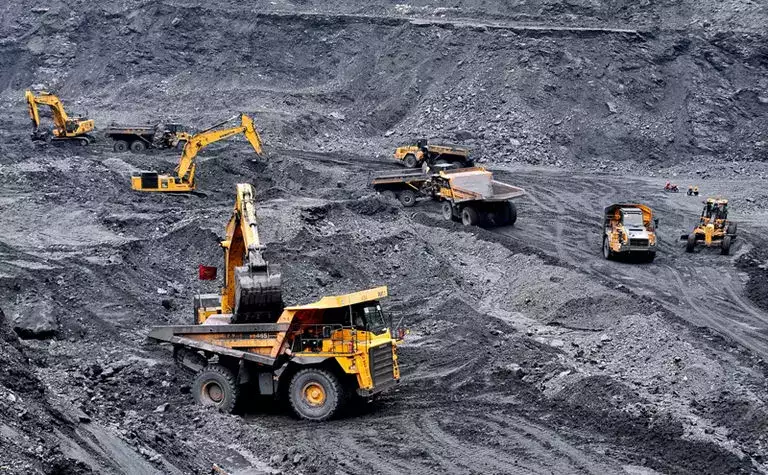India–US Trade Tensions Rise Over Steel and Auto Tariffs NMDC Limited reports a 38% drop in Q4 FY24 consolidated net profit RINL to Raise $23 Million Through Land Sales Amid Crisis

Vietnam is expanding its extraction of rare earth minerals, which are crucial for modern technology such as electric vehicle (EV) batteries and smartphone displays. Vietnam has the second-largest reserves of rare earth minerals in the world.
With China holding a near-monopoly on rare earth minerals since the 1980s, Vietnam aspires to emerge as a production powerhouse that may challenge China's dominance. Vietnam increases pace by utilising its untapped rare earth riches, although experiencing obstacles in areas like EVs, signalling a big step towards becoming a formidable industrial competitor against China.
Vietnam has stepped up its manufacturing game during the past ten years, especially in electronics, where it has become a key player in the production of Apple products. Even though computers currently lead exports, some businesses, like VinFast Auto Ltd., which makes EVs, have had difficulties.
Apple has 25 supplier locations in Vietnam, however that is minuscule in comparison to China and Taiwan, mostly because of China's hegemony in the component manufacturing market. The stages of final assembly have been the main ones affected by production shifting out of China; there has been little change in the upstream supply chain for components like chips and magnets.
Vietnam's rare earth momentum
Vietnam's substantial rare earth deposits have attracted attention from its government and foreign leaders, boosting ambitious plans for the sector. Production skyrocketed from a mere 400 tonnes of rare-earth-oxides in 2021 to an impressive 4,300 tonnes in 2022, though this constitutes only 1.4% of the global supply and trails significantly behind China's 210,000 tonnes.
Deputy Prime Minister Tran Hong Ha endorsed expansion strategies, aiming for the processing of 62,500 tonnes of rare-earth minerals by 2030. In a strategic move, US President Joe Biden inked an agreement during his September visit to promote foreign investment, aiming to diminish dependence on China amid ongoing trade tensions.
Global support
Countries, including the United States, express a keen interest in Vietnam increasing its rare earth production. Le Hong Hiep, a senior fellow at the ISEAS-Yusof Ishak Institute in Singapore, claims that the US seeks to elevate Vietnam's role as a crucial supplier, potentially as an alternative to China.
This strategic step aims to mitigate the risks associated with depending on China for rare earth supplies, signalling a broader international effort to diversify sources and enhance global supply chain resilience. In an Australian Stock Exchange filing, Blackstone shows interest in Vietnam emerging as a significant contributor to the global rare earth supply chain. Acknowledging potential challenges in Vietnam's ambitious plans, the company remains dedicated to promoting the nation's aspirations.
Success relies on foreign mining companies, possessing both technical expertise and financial resources to extract and process the ore. Overseas interest persists throughout the value chain, exemplified by Seoul's commitment. South Korea inked a memorandum of understanding (MoU) to establish a rare earth system, ensuring stable access for its automobile and electronics industry, signalling a collective effort to diversify and secure global supply chains.
Also Read : Global Steel and Raw Material Prices Show Mixed Trends in July 2025 Global Steel Output: Flat Overall, Diverging by Region (Aug 2025)